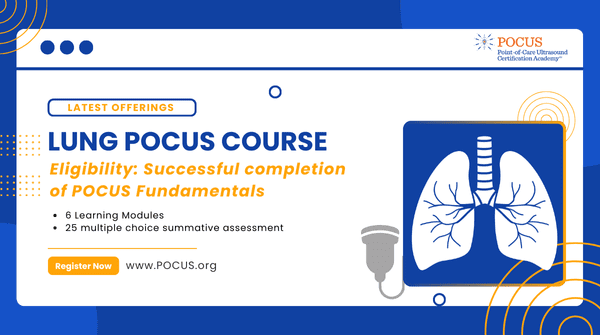Pneumonia is the number one cause of death in children and the second highest cause of adult hospital admissions. In 2020, cases of the infection spiked due to COVID. Medicine® notes that at least 20% of worldwide community-acquired pneumonia (CAP) patients require hospitalization, and the mortality rate of the condition is 30% to 50%.
Because symptoms closely mimic influenza—fever, cough, muscle aches—and severity varies depending on the cause of infection, physical examinations alone cannot be relied upon to guide treatment. Symptoms can develop gradually, suddenly, or not display at all. Bacterial infections tend to be the most severe, but viral infections may go undetected because of their early stage cold-like symptoms. Presentation deviates, and every immune system fights the disease differently.
To understand the complete picture, clinicians must assess the chest cavity to examine potential alveoli inflammation. The standard diagnostic procedure is a chest x-ray (CXR) or computed tomography (CT) scan, but ultrasound has increased in popularity as an alternative to these more traditional tools. Using point-of-care ultrasound (POCUS) at the bedside allows clinicians to deliver an immediate diagnosis without the threat of radiation.
Though the threat of cancer from radiation exposure during CT scans is believed to be minimal in adults, the increase of diagnostic CT scans in pediatric medicine has led experts to warn against unnecessary radiation exposure to children. The National Cancer Institute notes that “CT is the largest contributor to medical radiation exposure among the U.S. population,” and children are particularly susceptible to the adverse effects of radiation.
Children’s longer life expectancy leads to a larger window of opportunity for radiation damage, and they may receive an unnecessary dose of radiation if settings are inaccurate for their small size. Therefore, their risk of developing radiation-related cancer is several times higher than that of adults. Though the threats connected to pediatric radiation exposure are still fairly low, no amount of radiation should be considered safe, and efforts should be made to avoid unnecessary exposure. POCUS provides an opportunity for physicians to reduce radiation risks for young and adult patients presenting symptoms of pneumonia.
Studies from the Indian Journal of Critical Care Medicine, The Annals of Family Medicine, and Pediatric Pulmonology indicate that lung ultrasound (LUS) can provide an accurate indication of the presence of pneumonia. In addition to eliminating the risk of radiation, POCUS as an alternative to radiology provides immediate insight at the bedside, a cost-effective diagnostic solution, and timely management.
In their study on CAP, The Annals of Family Medicine noted that LUS takes about 10 minutes to conduct, and physicians with as much experience as a 5-hour LUS training program successfully administered examinations. Pediatric Pulmonology’s meta-analysis supports these findings and suggests that LUS may be a more sensitive screening option than CRX.
The results of these studies implore physicians to seek training for bedside ultrasound. The tool has endless capabilities, including the power to improve patient and physician experience. Timely diagnoses decrease the time patients spend in the emergency department and increase the number of patients who can be treated. As more practitioners receive the necessary certifications to use POCUS as a diagnostic tool, LUS could become a premier method of pneumonia screening, helping to eliminate significant radiation exposure to ED patients.
The more clinicians seek to understand POCUS, the more its potential grows. Every study conducted provides insight into the tool’s strengths and limitations and guides experts on what to study next. Every training course grants practitioners additional experience and accuracy. And every ED that adopts the tool widens its opportunity to benefit patients and healthcare workers alike.
To see this potential become a reality, the Point-of-Care Ultrasound Certification Academy™ offers both a POCUS fundamentals certification course and advanced specialty courses that dive into specific fields, including lung. Review their various offerings and discover the power of POCUS.






















